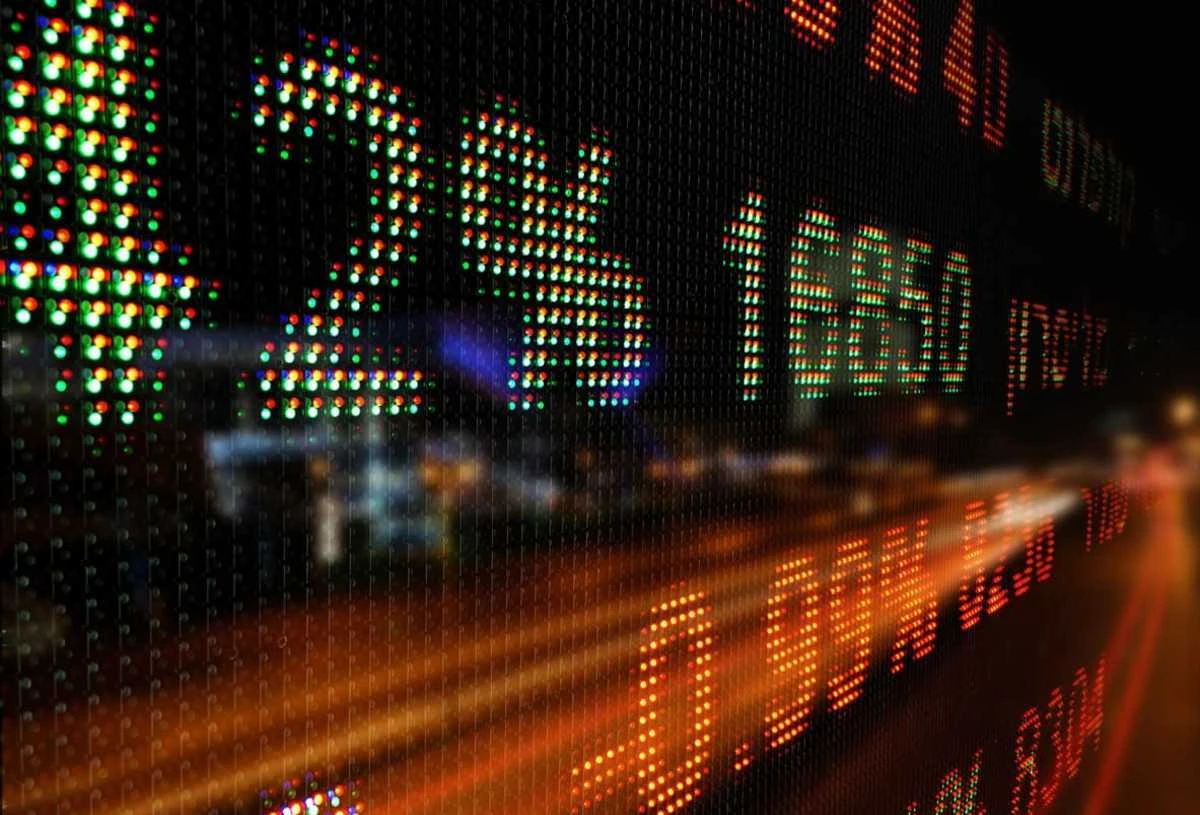Popular trading app Robinhood has shut down buying of AMC, BlackBerry, Bed Bath and Beyond, Express, GameStop, Koss, Naked Brand Corp and Nokia. Users can only liquidate or close positions.
Robinhood also faced multiple outages yesterday owing to the surge in price and high trading volume on the spot and heavy liquidation of short positions, at one point more than $13 billion
Other platforms like Interactive Brokers have either confirmed similar moves or been rumoured to have placed restrictions, though traffic and trading halts have also stymied traders.
Robinhood also raised margin requirements for some securities, meaning users have to front more of their own money to buy the securities, ostensibly benefiting those with more cash.
The past two days have turned Wall Street on its head as Reddit users colluded to buy massive amounts of GameStop stock, with the explicit aim of hurting hedge funds that profit off shorting the typically falling stock. A lot of that GameStop trading happened on Robinhood.
Gamestop stocks have become the talk of the town post its price surge yesterday over $300 which was largely pushed by a Reddit group wallstreetbets in what eventually turned into retail vs banker trade battle.
Nasdaq came to many short buyers’ rescue when it halted the trade of GME tokens calling it a manipulation owing to its social media hype. Robinhood followed the suite and halted all buy trades for spot and options.
In a short statement, the company said:
We continuously monitor the markets and make changes where necessary. In light of recent volatility, we are restricting transactions for certain securities to position closing only, including $AAL, $AMC, $BB, $BBBY, $CTRM, $EXPR, $GME, $KOSS, $NAKD, $NOK, $SNDL, $TR, and $TRVG.
We also raised margin requirements for certain securities.
BlackBerry has already stated they see no reason for the surge in their shares and Nokia has now followed suit with a Nokia spokesperson stating:
Nokia is not aware of any material, undisclosed corporate developments or material change in its business or affairs that has not been publicly disclosed that would account for the recent increase in the market price or trading volume of its shares.
Robinhood’s action might lead up to its closure as the demands for criminal action lawsuit against the trading app has caught the attention of US Congresswoman Alexandria Ocasio-Cortez who called for an investigation into the trading app for blocking GME stocks trade at the peak of its price for retail investors while hedge funds can still trade it freely without any restrictions.
The Congresswoman went onto the point that the investigation won’t be limited to Robinhood and would include other exchanges following a similar practice.
The decision by Robinhood didn’t go down well with many, especially the crypto community, who were rooting for Gamestop to liquidate more short positions. The delisting and halting of trade also rose the demands for a more decentralized platform where it is not driven by a monopoly of a few at the top.
Hardly anyone believes that GameStop, BlackBerry, Macy’s, AMC, or any of the other companies that WSB is promoting have fundamentals to support these surging stock prices. At some point, reality has to set in.
The sudden surge has drawn questions from regulators, who are monitoring trading amid fears of illegal activity. However, the amateur investors say they are just playing Wall Street at its own game. In online forums they accused Robinhood of enacting its own form of market manipulation by restricting purchases of GameStop and other shares.
The issue has also caught the attention of the White House and other officials. Press secretary Jen Psaki said President Joe Biden’s economic team, including newly-appointed Treasury Secretary Janet Yellen, was “monitoring the situation”.
US stock exchange Nasdaq’s chief executive Adena Friedman said exchanges and regulators should watch whether anonymous social media posts could be driving “pump and dump” schemes.
Jacob Frenkel, a former lawyer at the Securities and Exchange Commission, the main US financial regulator, said: “Such volatile trading fuelled by opinions where there appears to be little corporate activity to justify the price movement is exactly what SEC investigations are made of.”



